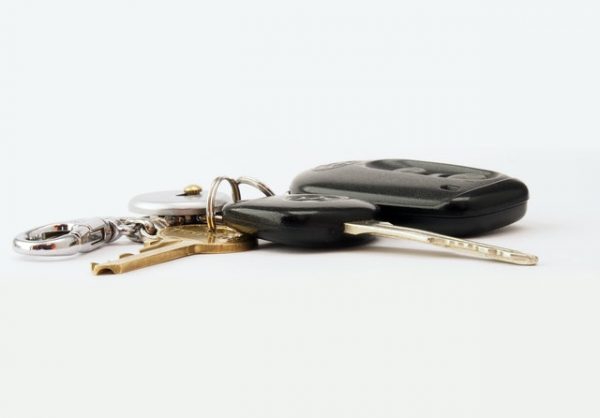Aspiration is that coughing, choking feeling you get when food or liquid goes down the “wrong pipe.”
A similar thing also happens if too much water gets into your engine, it’s called hydrolock, and it can bring your car to a standstill!
What is a hydroblocked engine and how is it fixed?
Engine pistons are designed to compress a mixture of air and fuel, not water. Because of this, if enough water gets into the cylinder, it can be hydraulically locked, meaning they all stop moving at once.
Much of the resulting damage depends on how fast you were going when it happened.
Fortunately, in this guide I will explain everything you need to know about a hydroblocked engine. This also includes what causes a motor to hydraulically lock up, if it can cause damage, and how to fix it.
Are you ready to start?
Let’s dive in!
What causes an engine to hydrolock?
Do not drive through puddles, as this can cause a hydraulic engine lock.
The actual term is hydrolock, which has been shortened to hydrolock. This happens when too much water enters the combustion chamber.
When a piston reaches the top of its range of travel, if the volume of water inside is greater than the amount of space left, it will hydrolock.
Because? Because the water is less compressible than the air/fuel mixture inside. So when the piston tries to compress it, all the cylinders will stop at once.
This will result in crashing or knocking sounds within the engine that will last for several seconds, followed by shutdown.
What kind of situation can cause water to enter the cylinders? There are many examples, such as driving in a downpour or going through a deep puddle. This is one of the reasons that flood-damaged vehicles are often totaled afterwards.
It is also possible that the hydraulic blockage occurs due to other liquids, such as oil or coolant. Remember though that if this happens it probably means you have a serious problem inside your engine such as a blown head gasket or a crack in the block.
Does hydrolock damage an engine?
Hydrolock can be very damaging to an engine and may require complete replacement. However, the speed at which it was going is what usually determines the extent of the damage.
While the RPM is low, such as when idling or moving slowly, only a small amount of water can get in. In this case, you must act quickly to remove it before it causes corrosion problems.
If you were going fast when the hydrolock occurred, where the RPMs were high, severe damage could occur.
Some of these include:
A bent or broken connecting rod
A gap in the head
crankcase damage
a bent valve
Bearing damage
Piston ring damage
block damage
When we associate the words “metal” and “water”, the first thing most of us think of is rust. This is precisely the case with hydrolock.
If you don’t act quickly to remove the water, your engine will rust, likely rendering it unusable.
How to fix a hydroblocked engine
The possibility of fixing it depends on how much water got in, as well as how long it has been there.
If you were moving at a slow speed when the RPM was low, you may be able to flush the water out of the system yourself.
This involves removing the spark plugs, starting the engine, and then revving it while parked. You should notice water coming out of one or more cylinders. You should also replace the spark plugs with new ones. However, in an emergency situation, you should be able to dry your own.
It is also important to clean the cylinder walls to remove any moisture that could cause corrosion. Although, again, if you don’t have access to a safe space, you can always do so once you do.
The other possibility is that there is a lot of water inside your engine. In this case, there’s really nothing you can do but salvage what you can and replace the rest. At worst, a hydroblocked engine can cost between €3,000 and €8,000.
It’s probably best to go around that puddle, not through it.
Don’t drive through a puddle.
What is the best course of action if you think you have hydrolocked your engine?
Don’t wait, because the more you do it, the higher the chances you’ll end up with corrosion damage.
The worst case scenario is that your engine shot up and you need a new one. Don’t ignore this one. Your bank account will thank you later.




